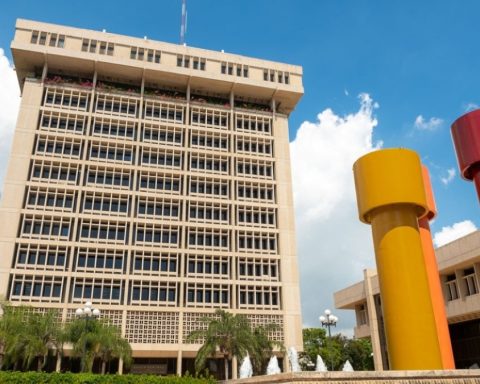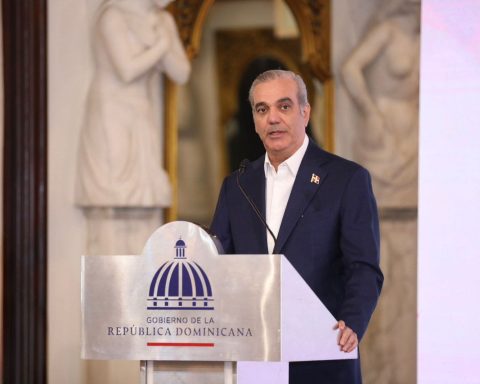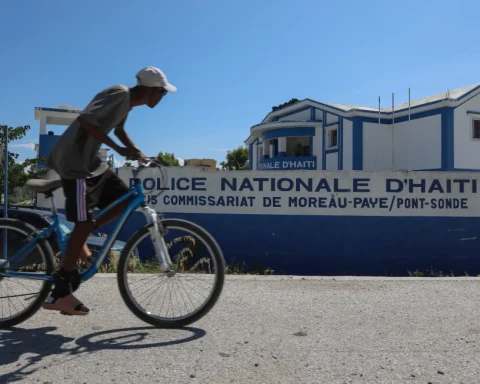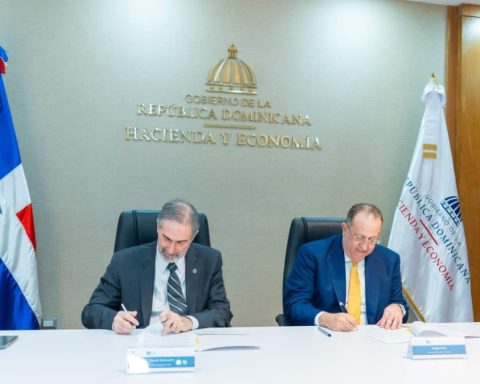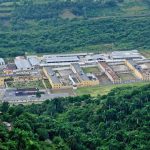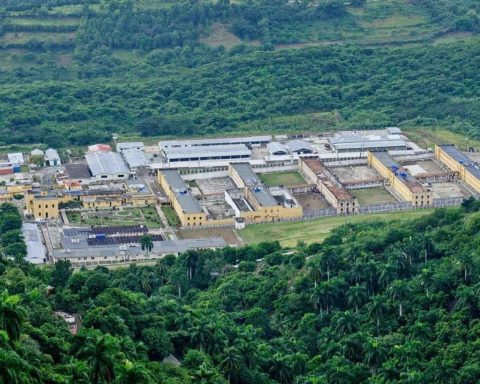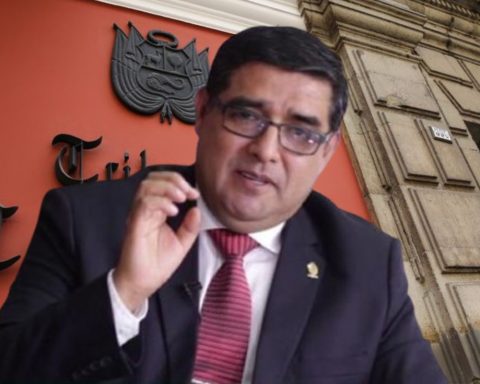The IDB Groupwhich includes the Inter-American Development Bank (IDB), IDB Invest and IDB Lab, approved 809 million dollars of financing only in 2021 for the Dominican Republic, highlighting expenses for the purchase of anticovid vaccines and the same response plan to the COVID-19 pandemic, as well as the reactivation of the productive sector.
As of January 2022, the IDB was the main multilateral creditor and the second largest external creditor of the Dominican Republic. The country owed 3,976.9 million dollars that month, which represented 11.8% of the external debt of the non-financial public sector.
In 2021, the IDB Group approved 625 million dollars for the public sector and 174 million dollars for the private sector.
In a document summarizing the activities of the IDB Group During 2021, in the Central American Isthmus and the Dominican Republic, reports 18 operations in execution of the public sector for 1,416 million dollars, with an available balance of 1,152 million dollars.
39% of the balance available for the public sector corresponds to the energy sector, 12% for the environment and natural disasters, 10% for social investments and the same percentage for innovation and technology. The rest for transportation and logistics, tourism, education and others.
For the private sector, IDB Invest has four operations with an exposure of 118 million dollars, “focused on the development of financial markets, access to credit for SMEs and support for the manufacturing sector,” the document indicates. And IDB Lab, 14 operations for 5.4 million dollars “focused on improving productivity, the innovation ecosystem, skills development, social inclusion, environmental sustainability, climate resilience, and attention in response to the pandemic.”
Among the new projects in the pipeline for the Dominican Republic, the IDB Group cites a Program for the Improvement of Connectivity for Digital Transformation for 115 million dollars through the IDB. This will finance investments to expand broadband infrastructure in areas that would not be economically profitable.
The loan will support measures to improve broadcasting services and increase digital skills and competencies, with a gender perspective. The improvement in connectivity will benefit approximately 108 municipalities without or with only a wired internet service network, which will impact more than 2 million people.
Another project is the Rehabilitation and Expansion of the Port of Manzanillo for 100 million dollars through the IDB. The next one, for 30 million dollars, will seek to strengthen the management of human resources in the civil service, by strengthening the principle of merit.
Another program concerns US$200 million from the IDB and US$50 million from the Korea Facility for Infrastructure Development in LAC-KI, which is the third operation in the programmatic series that culminates almost a decade of Bank support for reform the electricity sector. Its objective is to support the government “in the adoption and implementation of the sectoral reforms and policies necessary to promote the financial sustainability and operational efficiency of the sector.”
There are also 100 million dollars from the IDB to improve the response capacity of the country’s social protection network, through better targeting and operability of its programs, and support the creation of a new service and care component of the Supérate Program. . The interventions will benefit 1.4 million participants, and the conditional transfer component is expected to contribute to the consumption levels of around 167,000 households.
Likewise, with $60 million from IDB Invest, working capital and maintenance expenses will be financed to reopen 16 Grupo Piñero hotels in the Dominican Republic and Jamaica, which were closed due to the repercussions of the COVID-19 pandemic. Another $10 million was approved for the financing of subordinated debt to expand access to financing of SMEs from Promerica.
With $750,000 from IDB Lab, the Nature Power Foundation will be supported through technical assistance. It will seek to implement a transition program to electric mobility for combustion motorcycles used for home delivery services for small businesses, thus reducing their carbon footprint and accident rate. Also, with 150,000, the Grupo Punta Cana Foundation will be supported to develop and adapt a solution based on “blockchain” technology, which allows the automation of the issuance and verification of COVID-19 diagnostic certificates for different types of tests.

